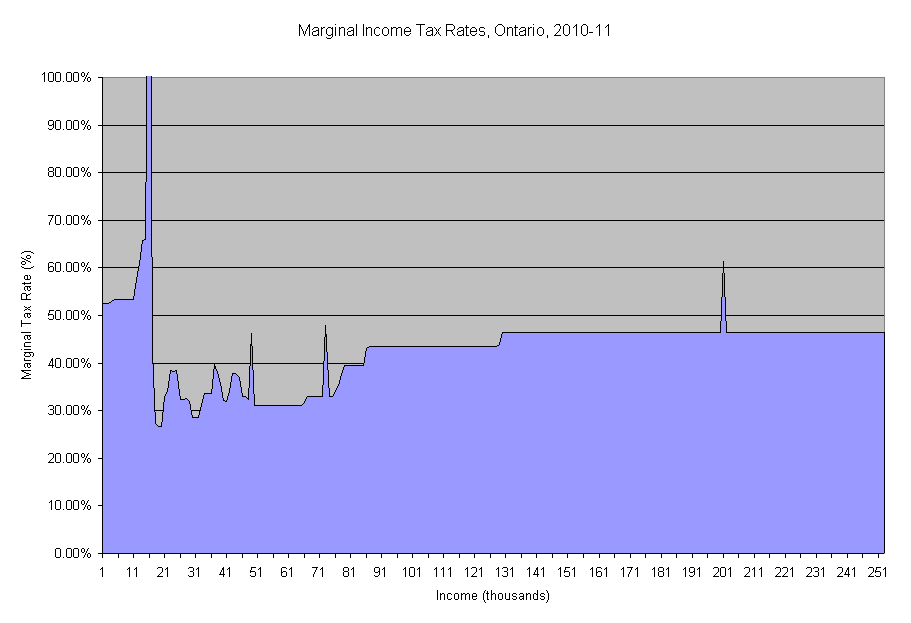“Hey Dipshit, if you ever plan to own anything of actual value in your life…”
So, I’m biking along Adelaide, and a black reasonably expensive* car drives into my lane and stops in front of me. Because I’m paying attention, I have time to stop, but I still have some momentum when I reach him, and put my foot on his car/kick it in frustration. He rolls down his window, I explain that he cut me off, and I bike off.
Not sure what happens next, but I’m guessing he got out, checked his car, and made a decision about what to do next.
Two blocks later, he drives up to me, rolls down his window, and says the phrase above: “Hey Dipshit**, if you ever plan to own anything of actual value in your life…”
Now, at this point, I have a few options. Do I:
1) Escalate? Get into an argument with this person about bike vs. car privilege, or perhaps about working (probably) in finance (and where their money actually comes from, or perhaps even their cis white male privilege?
2) Try to reconcile, and maybe get them to acknowledge a point of view outside themselves?
I ended up choosing option 2), saying “sorry, I over reacted”. He seemed to accept this. In exchange, I asked him to acknowledge that he understand that he drove into my lane and stopped in front of me. He may or may not have internalized this.
So, as you can tell, I ended up thinking about this a lot (as you can tell by this blog post). There are the standard questions of whether you can actually change someone’s mind… Whether, even if I had the time required to talk to him to help him unpack all of the things underlying his statement, whether he would actually change or not…
“Dipshit” is an interesting word to use. Dipshit also sounds like a word that people would use a generation ago: https://books.google.com/ngrams/graph?content=dipshit&year_start=1900&year_end=2000&corpus=15&smoothing=3&share=&direct_url=t1%3B%2Cdipshit%3B%2Cc0
or something you’d see in Glengarry Glen Ross. It just felt odd coming out of the mouth of a Beemer-driving 20-something. Like he was aping people in power (perhaps parents) without really understanding what they did to get them there.
So, I ride a bike by choice, and I happen to wear a t-shirt to a tech job downtown, also by choice. But put me in the financial district, and I look like I have no status there (which really, I don’t). “Dipshit” is a word you use to talk about someone obviously beneath you, which suggests an underlying current of classism that would probably take a divorce and years of therapy to cure.
Anyways, food for thought. I think I took the correct path (after the initial incident), but I wonder how you help people unpack things, or deal with the fact that you know that a person would be helped by doing so, but you can’t do anything about it.
*Maybe a BMW, or an Audi, or something equivalent
**Not necessarily an exact quote, but within a couple of words
